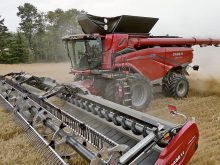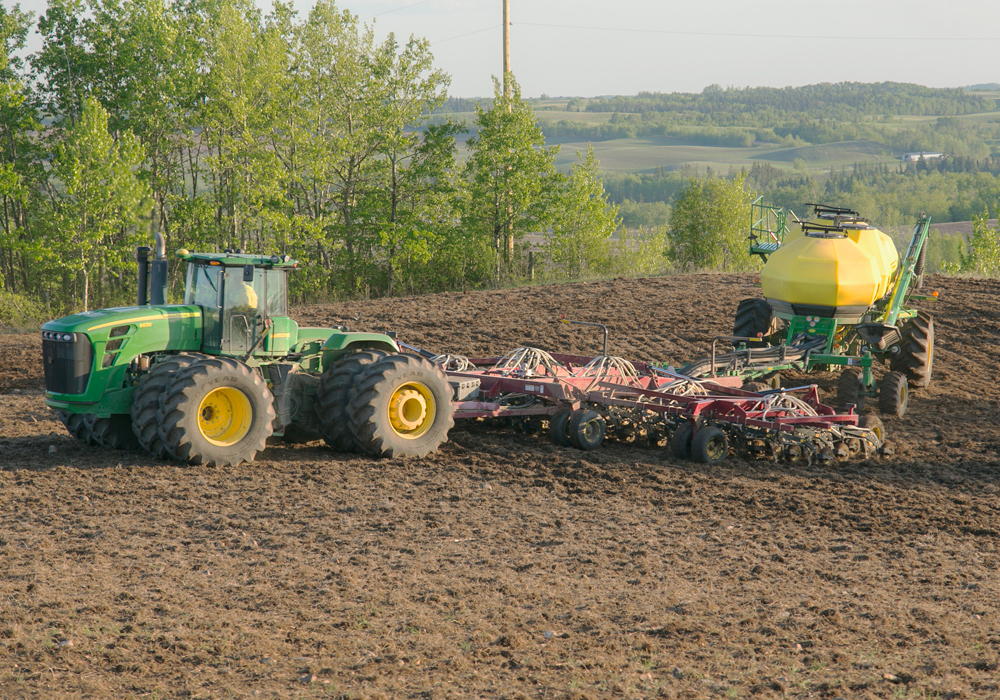An eight-year-old Saskatchewan pulse processing company is valued at half a billion dollars after its latest acquisition.
On Dec. 15, Alliance Grain Traders Inc., the world’s largest lentil and pea splitting company, paid $8.9 million US for Finora Inc., a major Canadian pulse company.
The deal gives Alliance four more processing plants: two at Wilkie, Sask., one at Assiniboia, Sask., and a plant in Gibbons, Alta.
It comes on the heels of a Dec. 8 announcement that Alliance had bought Parent Seed Farms and its two bean processing plants near St. Joseph, Man.
Read Also

Vegetable oil stocks are expected to tighten this year
Global vegetable oil stocks are forecast to tighten in the 2025-26 crop year, this should bode well for canola demand.
The two recent deals give the Regina-based Alliance 12 plants scattered throughout Western Canada.
When added to its plants in Turkey, Australia and the United States, the company has 20 facilities with the capacity to process about 1.5 million tonnes of grain annually.
To put that in perspective, there were 96 processing plants in Saskatchewan in 2008 with the capacity to clean 2.7 million tonnes of pulses and special crops, according to a survey conducted by Saskatchewan Agriculture.
Some grain industry analysts and pulse producers are expressing worry that Alliance may be gaining too much control.
“There’s always concerns with the big ones gobbling up everything,” said Moe Palmier, a producer from Lafleche, Sask.
He didn’t like it when Saskatchewan Wheat Pool took over Agricore United and he doesn’t think having one dominant pulse processor will be good for competition either.
“It’s like the Wal-Mart mentality. They don’t want 80 percent of the market, they want 100,” said Palmier.
Alliance president Murad Al-Katib has heard the complaints about lack of competition but said it is unfounded.
“I built this company from nothing,” he said.
It has morphed from Saskcan Pulse, a privately held red lentil splitter formed in 2001, to a publicly traded company worth $35 million in 2007, to today’s incarnation, which has a market capitalization of $498 million.
“We did that by treating growers fairly,” said Al-Katib, adding that the company will continue to focus on delivering profits to everybody in the value chain, including growers.
He noted that growers still have plenty of delivery options with new players like Viterra, Richardson International and some independent terminals getting involved in the lentil trade this year.
“It more than offsets the consolidation that we’re seeing,” he said.
Garth Patterson, executive director of Saskatchewan Pulse Growers, said his association deals with more than 70 pulse buyers.
“As far as we’re concerned there is plenty of options and plenty of competition in the pulse market for growers,” he said.
“The growth of Alliance is actually a Saskatchewan success story that we should be celebrating.”
Al-Katib said buying Finora gives Alliance more of a pea focus, a presence in Alberta and bolsters its Canadian Pacific Railway loading capacity.
The Finora and Parent deals were both 100 percent financed by equity. Al-Katib said the company has another $75 million of surplus working capital to make further purchases but there is going to be a temporary lull in the spending spree.
“We’re going to really focus on some integration now for the next few months,” he said.
When Alliance returns to acquisition mode, it will look to expand more into the bean industry and for international assets.
“Our expansion plans now are really focused on the U.S., Australia, Turkey and India,” said Al-Katib.

















